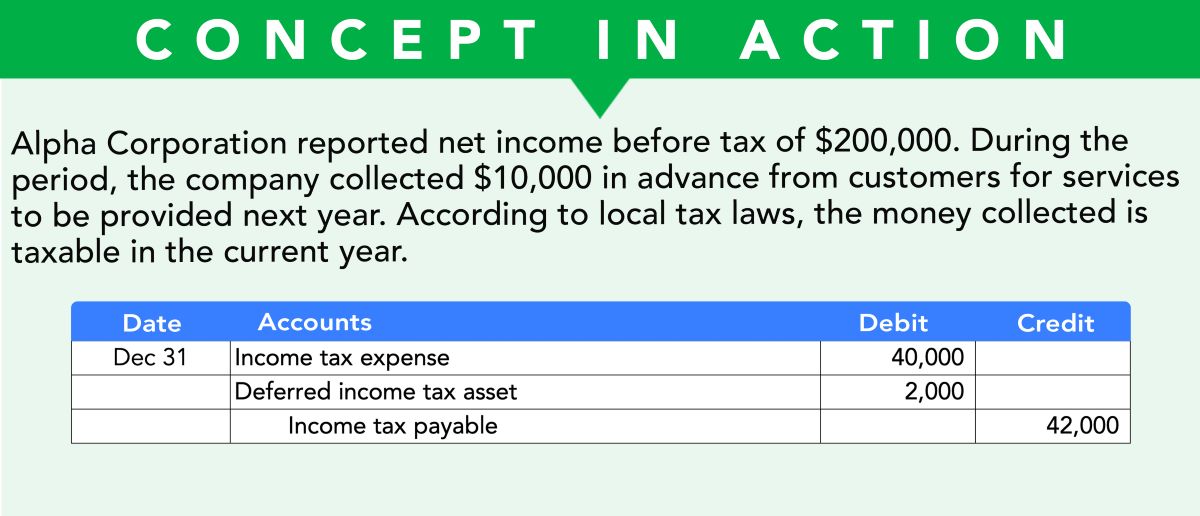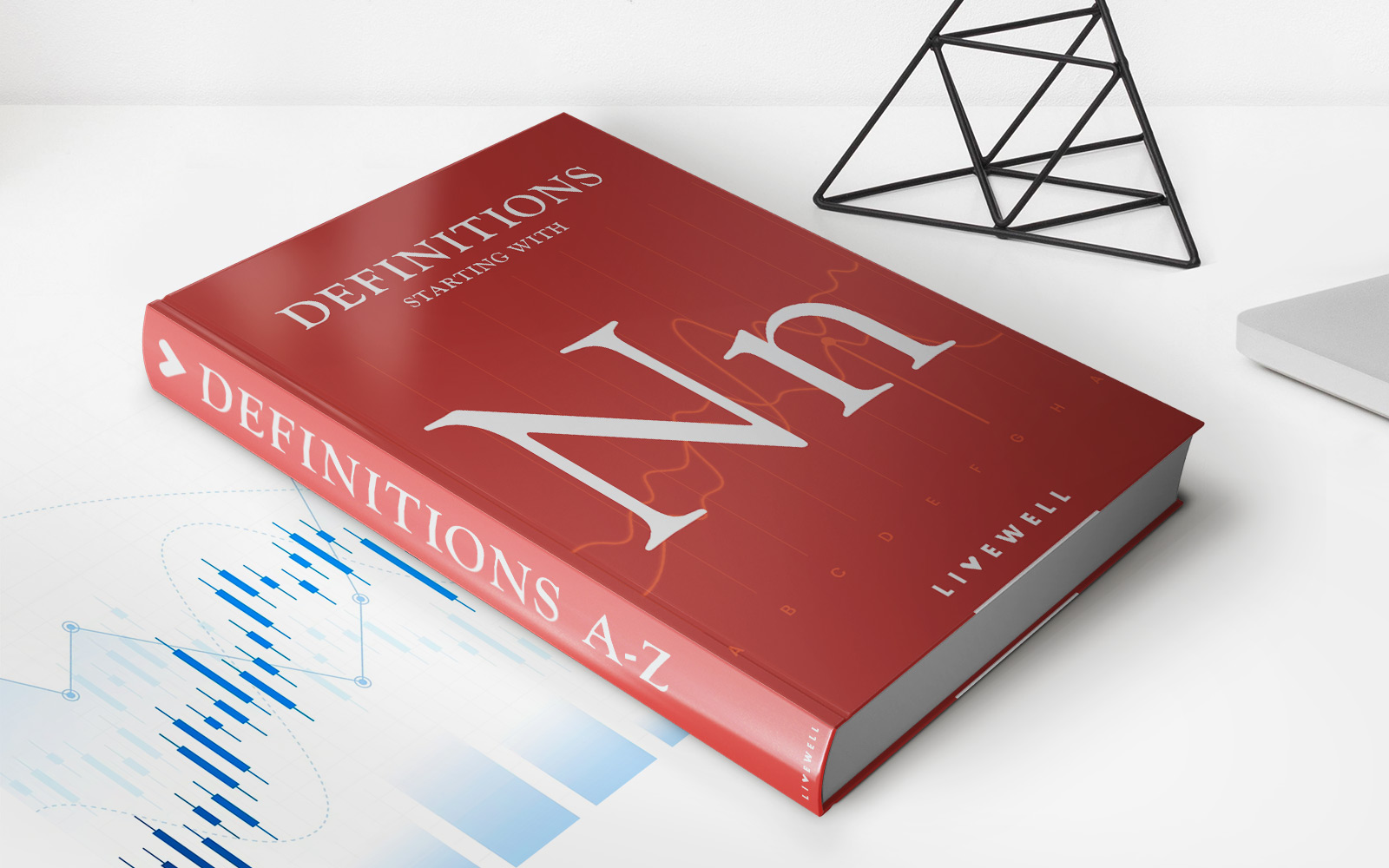

Finance
Deferred Equity Definition
Published: November 9, 2023
Learn the meaning of deferred equity in finance and how it affects your investments. Understand the benefits and risks involved in this financial strategy.
(Many of the links in this article redirect to a specific reviewed product. Your purchase of these products through affiliate links helps to generate commission for LiveWell, at no extra cost. Learn more)
Understanding Deferred Equity: A Comprehensive Guide
Welcome to the “Finance” section of our blog! In today’s post, we’re diving into the world of deferred equity. If you’ve ever wondered what deferred equity is and how it can impact your finances, you’re in the right place. In this guide, we’ll provide you with a comprehensive overview of deferred equity, its definition, and why it matters. So, let’s get started!
Key Takeaways
- Deferred equity refers to the practice of delaying the distribution or allocation of equity or ownership shares in a company.
- Basic understanding of deferred equity can help individuals make informed decisions about their financial futures and investment opportunities.
What is Deferred Equity?
Deferred equity, or sometimes known as “phantom equity,” is a term used to describe the practice of postponing the granting or vesting of equity or ownership shares in a company. In simple terms, it refers to the delay in receiving or fully owning a portion of equity that an individual may be entitled to. This delayed distribution may be subject to various factors, including specific events, milestones, or performance goals.
Typically, deferred equity is often used as a tool to incentivize employees, executives, or other stakeholders by aligning their interests with the long-term success of a company. It provides individuals with a sense of ownership, commitment, and motivation to contribute to the growth and prosperity of the organization. Deferred equity can take various forms, such as stock options, restricted stock units (RSUs), or phantom stock units.
Now that we have a basic understanding of deferred equity, let’s explore why it matters and how it can impact your financial situation.
Why Does Deferred Equity Matter?
Deferred equity plays a crucial role in the world of finance and can have significant implications for individuals and companies alike. Here are two key reasons why deferred equity matters:
- Alignment of Interests: By deferring the distribution of equity, companies ensure that individuals have a vested interest in the long-term success of the organization. This can promote loyalty, commitment, and a drive to achieve company goals.
- Retaining Top Talent: Deferred equity serves as an attractive incentive for attracting and retaining top talent in competitive industries. It allows companies to reward employees and executives for their contributions and efforts over an extended period.
Additionally, deferred equity can offer tax advantages for both the company and the recipient, depending on the specific structure and timing of the equity distribution. It’s essential to consult with a financial advisor or tax professional to understand the tax implications specific to your situation.
In Conclusion
Deferred equity is a powerful tool used in finance to incentivize individuals and align their interests with the success of a company. It provides a sense of ownership and commitment, enabling companies to retain top talent and motivate employees to contribute to the organization’s growth. Understanding the concept of deferred equity and its potential impact on your financial future is key to making informed decisions about investment opportunities.
If you have any further questions or would like more information about deferred equity, feel free to explore our other finance-related blog posts or reach out to a financial advisor who can guide you through this complex topic.














